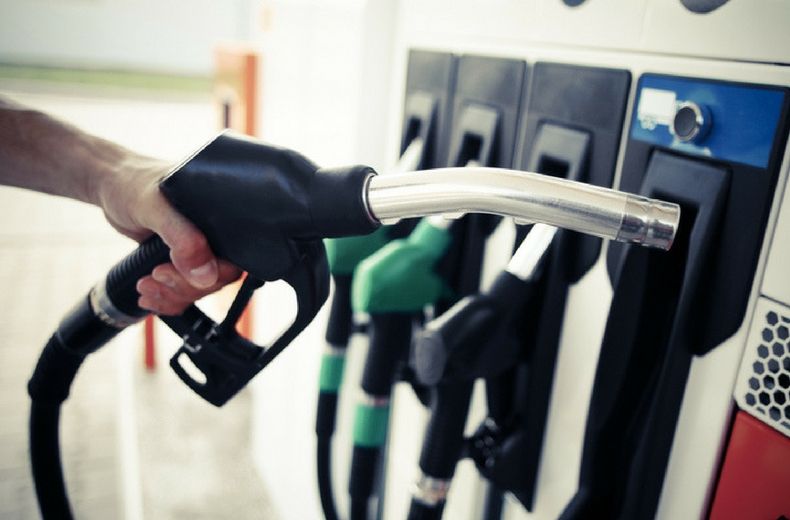Obviously risk to life is the top concern when it comes to coronavirus, but UK drivers may also be interested to learn that events like this outbreak can affect global fuel costs.
The price of a barrel of oil plummeted due to a number of factors:
- Initial fear from oil traders that demand for fuel would fall
- Government travel restrictions being put in place
- People cutting their travel plans
- Flight suspensions in Wuhan City and across mainland China
Prior to the outbreak there had been fears the price of oil would rise due to tensions between Iran and the United States. However, RAC Fuel Watch data shows that there was only a very short-lived price rise after the US assassinated an Iranian general and Iran’s subsequent retaliation.
Since then the oil price fell away which now gives fuel retailers the scope to cut petrol prices by 4p a litre in the next fortnight. Diesel should come down by at least 5p a litre if the UK’s retailers play fair with drivers.
RAC fuel spokesman Simon Williams said: “Some drivers are no doubt aware that fuel prices in the UK are affected by global events, but the coronavirus outbreak in China has led to a big fall in the price of oil which means the wholesale prices of petrol and diesel have reduced dramatically. This in turn means prices at the pump should fall.
"We urge the supermarkets, who are so influential in what drivers pay for fuel due to their massive market share, to pass on the wholesale savings they’re benefiting to motorists at the pumps, especially as they have actually increased forecourt petrol prices every day since 2 January.
"Drivers have been unfairly punished as a result of the very short-term oil price rise caused by tensions in the Middle East.
"It seems as though the big four supermarkets have been capitalising on this as the oil price has fallen steadily from a high of $69.82 on 6 January to $59.75 on 24 January. This is the first time oil has been under $60 a barrel since 31 October 2019."
UPDATE:
The RAC called for a cut in the price of fuel on Monday 27 following a sudden drop in the price of a barrel of crude.
On Wednesday 29, the supermarkets announced they are cutting their prices, some by as much as 3p a litre.
RAC fuel spokesman Simon Williams said: “The cut in the price of fuel is excellent news, it’s just a shame that we have to call for a cut before retailers take action.
"Lower wholesale prices for both petrol and diesel have merited a cut for the last week which means drivers have been paying over the odds at the pumps all that time.
"Drops in the wholesale price should be passed on by the supermarkets in the same way increases are – daily, rather than being saved up for a headline-grabbing announcement.”
Keep an eye on RAC Fuel Watch for any upcoming average fuel price changes.
Is it illegal to drive without shoes?
Get the answer and more useful driving content sent straight to your inbox.







